Top William Tyrrell cop left 19 unsolved cases to ‘gather dust’
An inquiry laid bare the challenges that have undermined NSW’s unsolved homicide team for years.
The detective leading the William Tyrrell investigation left 19 cold cases to gather dust on his desk for a year while investigating the boy’s disappearance, including sitting in court day after day for minor charges laid against the three-year-old’s foster parents.
News.com.au’s podcast investigation Witness: William Tyrrell can reveal shocking details of how missing evidence, misfiled documents and decades of delays have undermined the work of the NSW Police Unsolved Homicide Team.
The officer responsible for a 2017 project to identify and retrieve this missing evidence, Detective Chief Inspector David Laidlaw, told an inquiry last year that he hadn’t received any written updates on its progress.
Asked if he had requested these updates, Mr Laidlaw said: “No.”
Asked why not, he replied: “I can’t give a reason.”
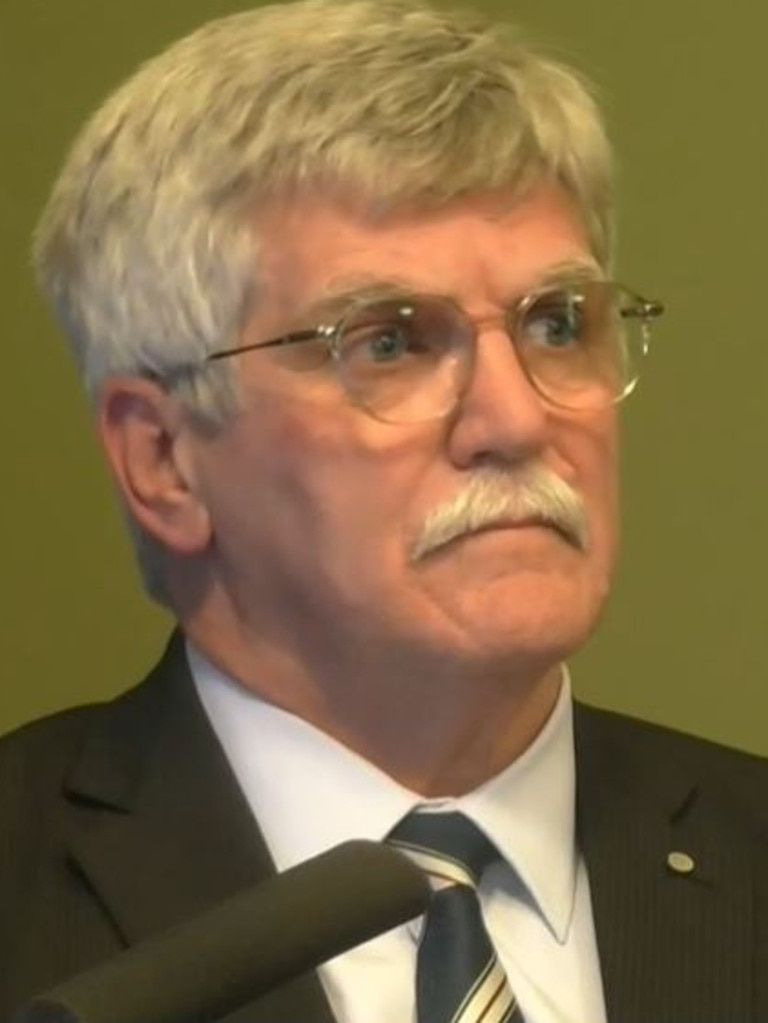
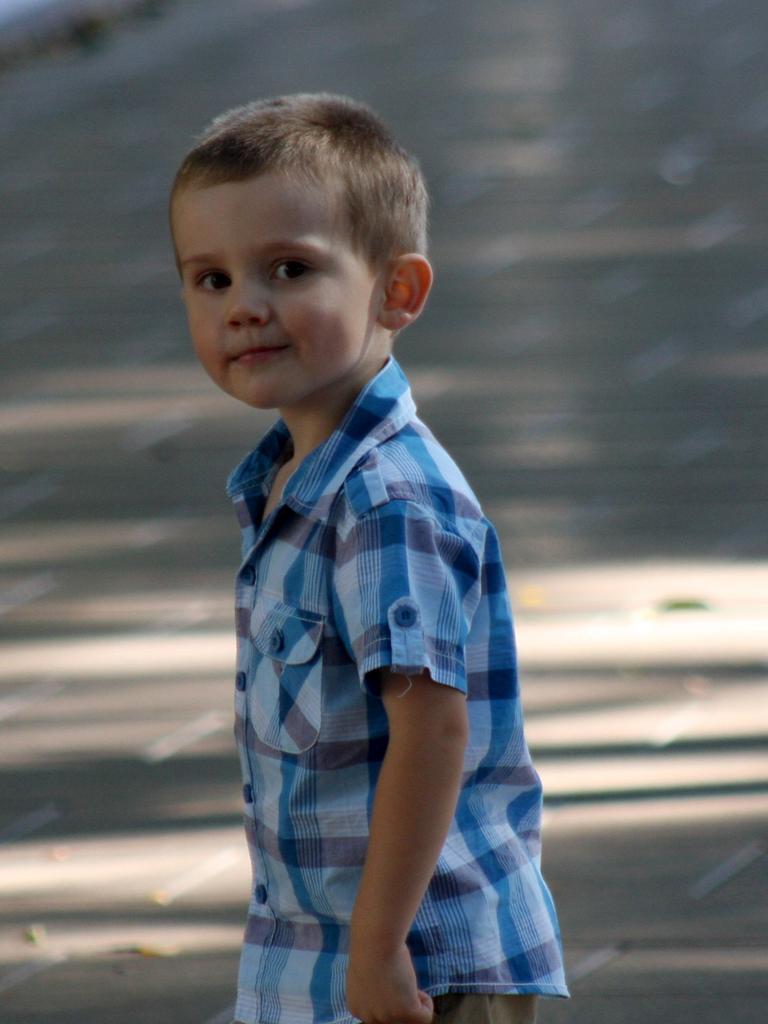
Mr Laidlaw is also the officer overseeing the investigation into William’s disappearance.
The crisis facing the Unsolved Homicide Team dates back to the year before William was reported missing from his foster grandmother’s home in Kendall, on the NSW Mid North Coast, on 12 September 2014.
The 2013 discovery of exhibits relating to 22 unsolved homicide cases in a police basement led Mr Laidlaw’s predecessor, ex-Detective Chief Inspector John Lehmann to write a damning report on how much evidence had been destroyed, lost or misplaced over the years.
These included eight entire pallets of evidence that had been “improperly stored” and many of which “may relate to unsolved homicide cases”, he wrote.
Other problems included exhibits from potential murder and sexual assault cases being scattered across the state, meaning detectives didn’t know what was missing and DNA analysis had not been carried out.
“Many of these poorly secured exhibits include; homicide victim’s clothing, post mortem and crime scene specimen swabs,” Mr Lehmann’s report said.
“Therefore, new opportunities utilising forensic technologies to identify an offender or suspect, are lost.”
Mr Lehmann suggested all this lost evidence be collected together and properly reviewed.
The plan was signed off by senior commanders, and expected to be completed by 2017, when Mr Laidlaw joined the Unsolved Homicide Team.
Giving evidence to the inquiry last year, Mr Laidlaw was “unable” to say if this had been completed.
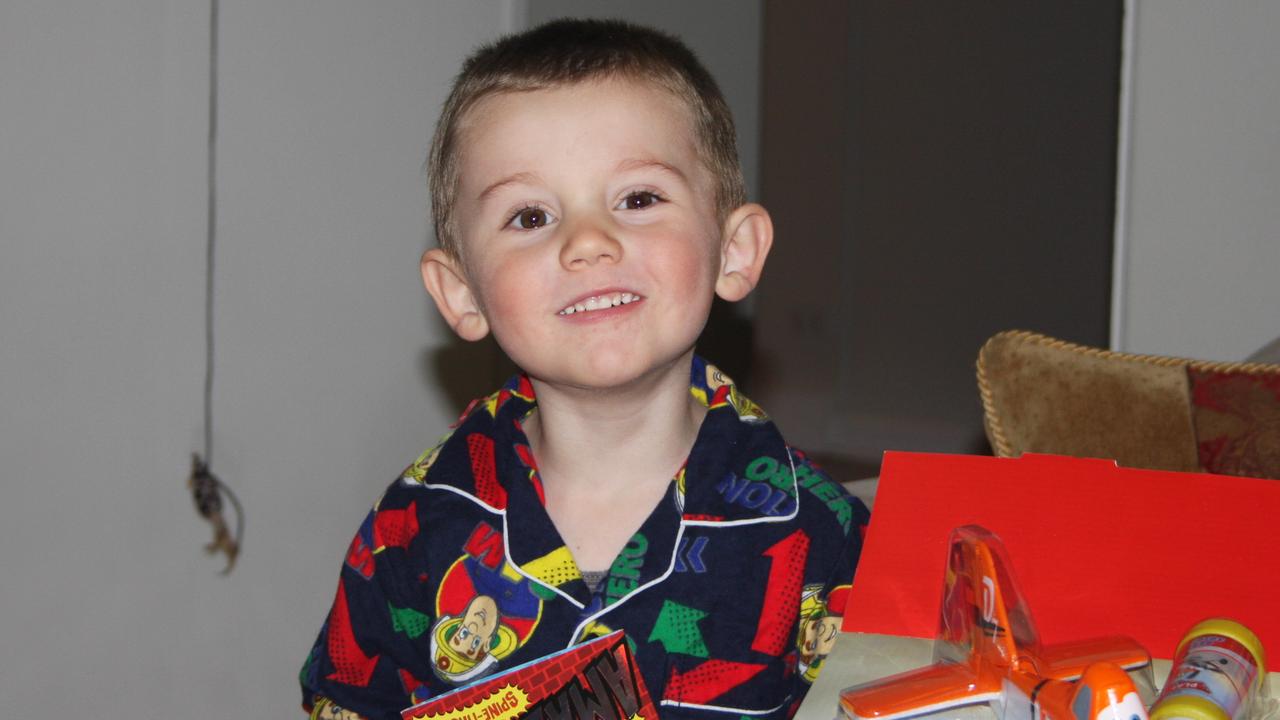
A second police report, stamped “For Official Use Only” in 2017, also said there was a backlog of hundreds of unsolved homicide cases and a number of projects deemed “necessary for the unit to continue functioning … were either partially completed or abandoned”.
This report, signed by the then-Homicide Squad commander, Scott Cook, said there were 763 unsolved homicide matters on the force’s books, dating back to 1972, and the number that had been reviewed was “small”.
“In fact, there have been no reviews conducted in relation to unsolved homicide matters since 2013,” it said.
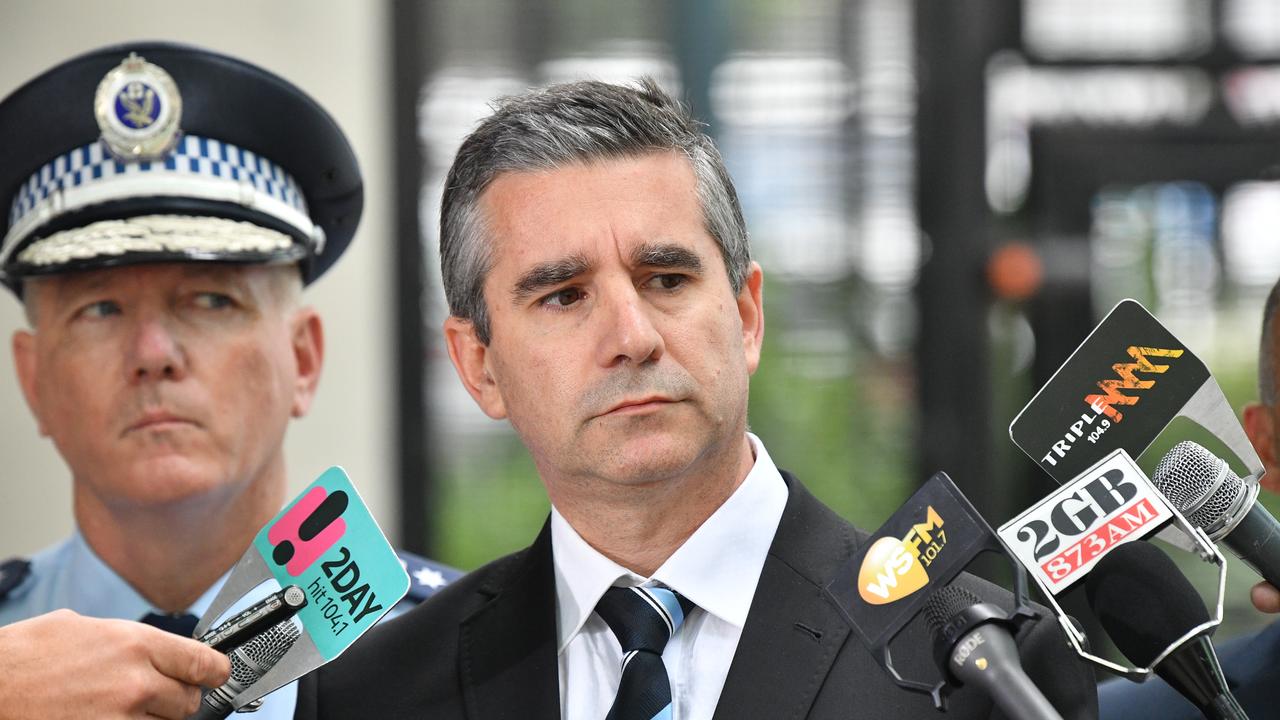
This report proposed a new plan to review every unsolved homicide case and said the process would be overseen by Mr Laidlaw.
Giving evidence at the Special Commission of Inquiry into LGBTIQ Hate Crimes last year, Mr Laidlaw said hundreds of those cases had still not been reviewed.
“You have to understand the resource implications,” he told the inquiry. “We don’t have enough people to do them.”
Asked if more resources had been requested, Mr Laidlaw said “No.”
Nineteen unsolved cases had been initially reviewed by other detectives in the team but had since spent more than a year sitting on Mr Laidlaw’s desk, he told the inquiry.
“These are all people’s lives and people’s family’s lives,” said the inquiry head, John Sackar KC, asking “When do you expect to get to them?”
“I don’t know,” Mr Laidlaw replied, saying he was busy with other work, including the investigation into William’s disappearance.
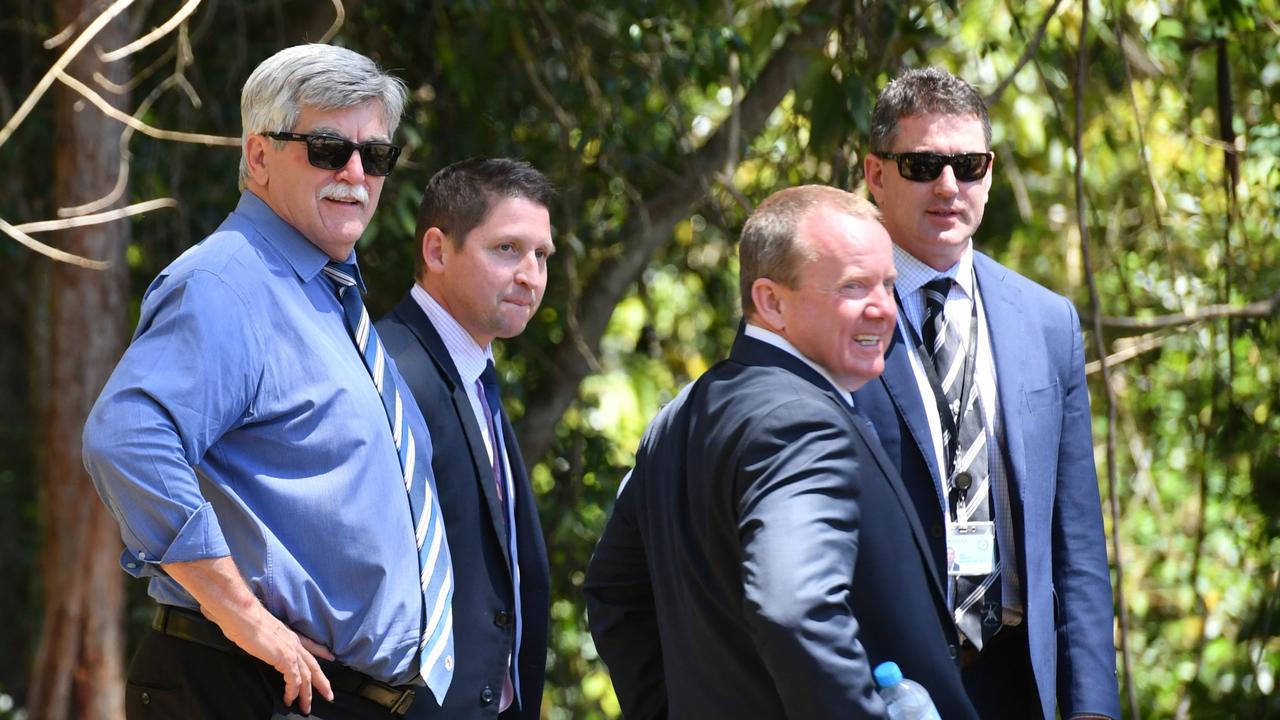
Asked if he had told the NSW police commissioner the team needed more resources “instead of sitting quietly, leaving files collecting dust on the desk?” Mr Laidlaw said “No, I haven’t.”
The senior lawyer assisting the inquiry subsequently described this as a “substantial failure”.
The inquiry’s final report said “it is difficult to see how (resource issues) could provide a justification for Detective Chief Inspector Laidlaw to fail to perform his own function in relation to the … documents”.
The investigation into William’s disappearance is now into its 11th year.
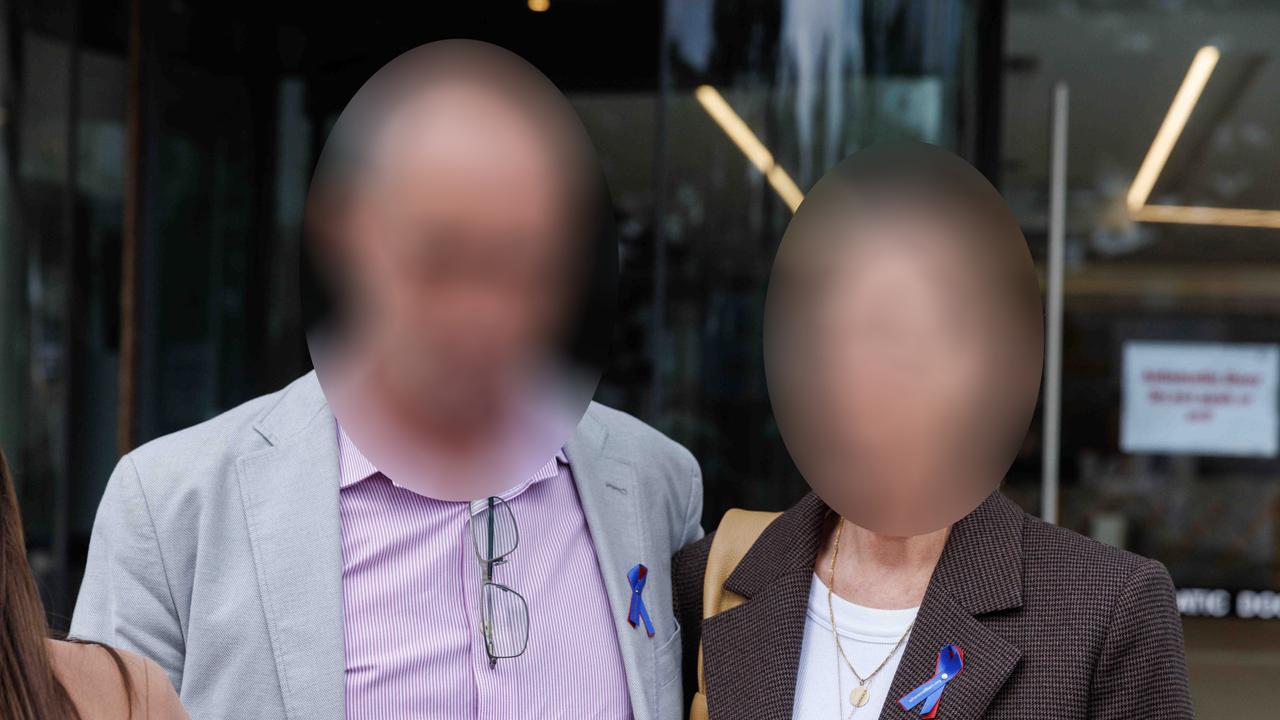
The strike force led by Mr Laidlaw has not charged anyone in relation to the missing three-year-old, though it did charge his foster parents with a series of relatively minor offences, including assaulting and intimidating another child.
The detectives, including Mr Laidlaw, have spent around a dozen days in court for these hearings throughout the past three years.
The couple, who cannot be identified, had several of the charges dismissed but pleaded guilty to or were convicted of others, as well as a separate charge related to placing dummy bids at an auction to sell their house.
They are appealing several of these convictions.
An inquest into William’s disappearance is due to resume next month.
Detectives have asked the state’s Director of Public Prosecutions to suspend consideration of further charges against his foster mother until after the inquest concludes.
Originally published as Top William Tyrrell cop left 19 unsolved cases to ‘gather dust’




